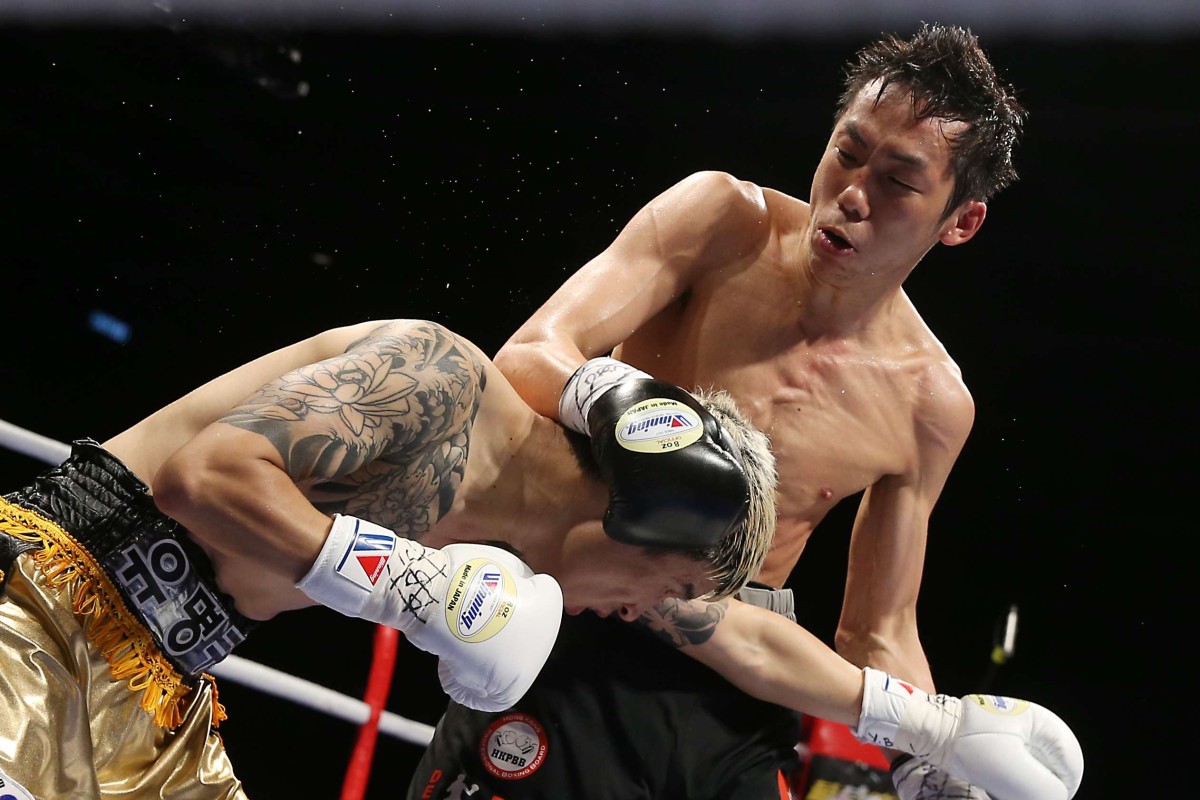
Sport matters, not just to the economy, but to the soul of a society

 Rex Tso (right) is an inspiration and a source of pride for many Hongkongers.
Rex Tso (right) is an inspiration and a source of pride for many Hongkongers. Back in October 2014, Chief Executive Leung Chun-ying mentioned that some sectors, such as sport, do not “contribute to the economy”.
But just last Sunday, local boxer Rex Tso Sing-yu scored his 19th straight win defeating South Korean Young Gil-bae. This, along with Hong Kong’s many other sporting miracles during the past two years, shows that the Chief Executive’s comments are just gibberish.
Sport itself can be a very profitable business. Items such as television rights or kit sponsors bring in a staggering amount of revenue. ESPN paid US$1.1 billion (HK$8.53 billion) just to show Monday night NFL games to its 11 million viewers. Moreover, American sports manufacturer Nike generated US$30 billion in revenue in 2014 by producing equipment of more than 30 sports in 170 countries worldwide.
Apart from making money directly from the sector, unrelated businesses also benefit from sport. Many large sports teams possess a global fan base, thereby attracting a large number of international fans to watch the games every year. A large number of fans and tourists arriving to the city create a rising demand for many different sectors, such as hotels or restaurants, producing more income and improving the city’s public image around the globe.
Schools can also make a lot of money by focusing on training in popular sports. For example, Tso’s 18th consecutive win last August, and the popularity of the ViuTV reality show G1 Fight Club, caused a rising number of middle class people to sign up to boxing schools.
But beyond the economic benefits, the sports sector can give one a sense of belonging and prestige towards their own city or country – and that’s very important.
During the Olympics or any other global sporting event, a winning athlete will have tears running down their cheeks when they see their nation’s flag hoisted over the medal podium. The whole nation celebrates when one of their own wins a gold medal or a championship. Why? Because many countries are underdogs in these sporting events as they don’t have the enough resources to improve their standards. As a result, by winning one of the global tournaments, the underdogs are jubilant because they proved they are part one of the world’s elite in that sport and they are proud of it.
Sport is not a liability and should not be removed from existence. On the contrary, it is a contributor not only to the economy, but to the sense of belonging for society.
